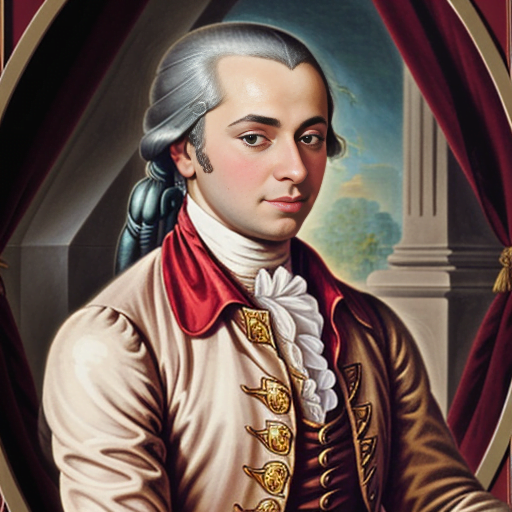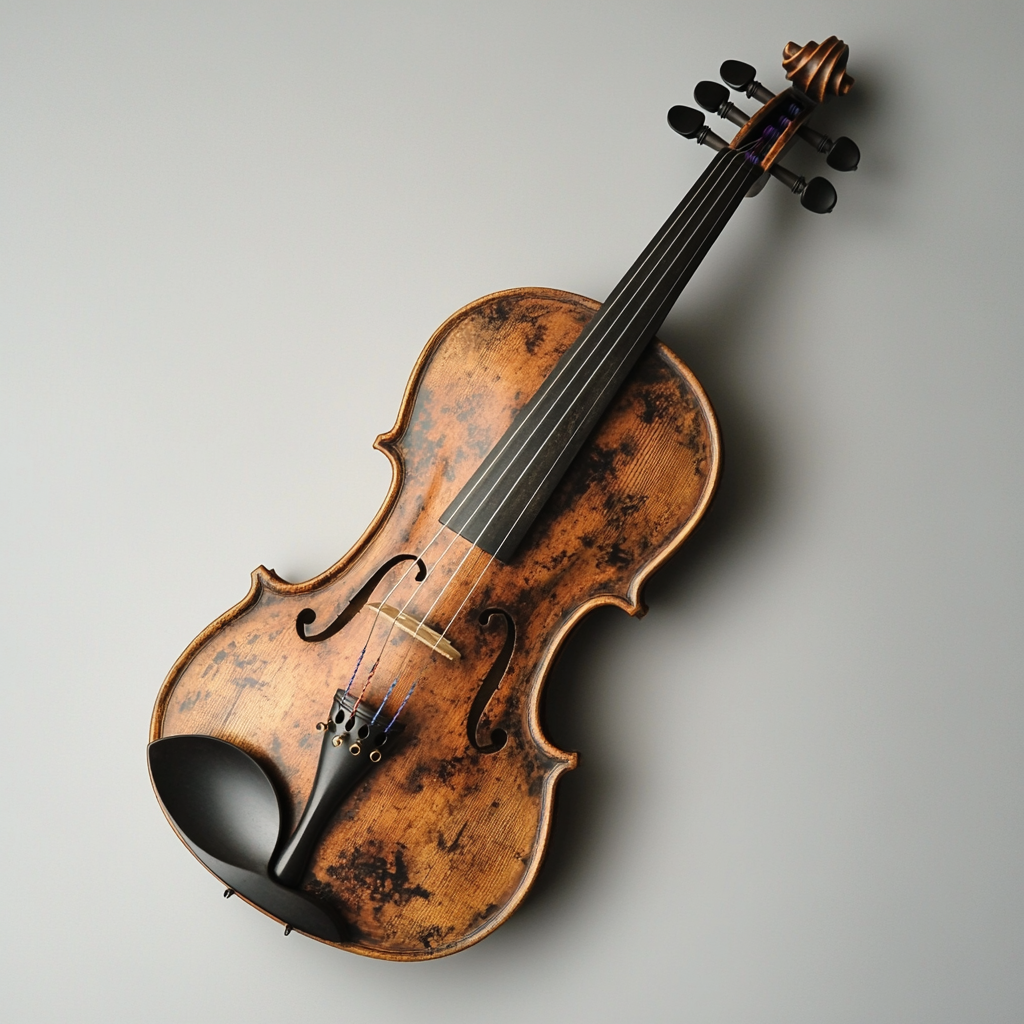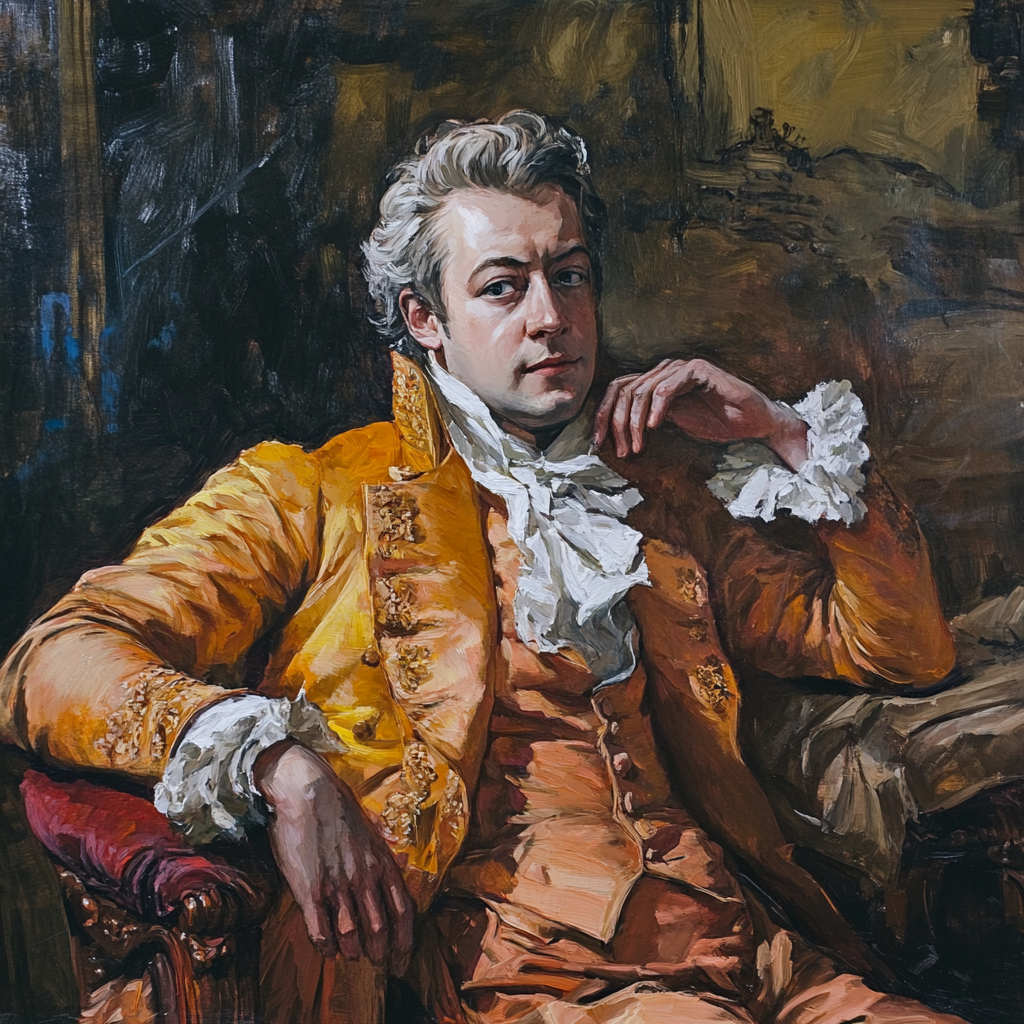Table of Contents
Exploring Autism in Music: Composers on the Autism Spectrum
Music has always been a powerful medium for expression, transcending barriers and connecting people across cultures and backgrounds. Among the many creatives in this realm are autistic individuals who have made significant contributions to the world of music. This article aims to explore the impact of Autism Spectrum Disorder (ASD) on composers, shedding light on notable figures in the field and examining how their unique perspectives influence their compositions.
What is Autism Spectrum Disorder and its Impact on Composers?
Understanding Autism Spectrum Disorder (ASD)
Autism Spectrum Disorder (ASD) is a complex neurodevelopmental condition characterized by difficulties in social interaction, communication, and restrictive or repetitive behaviors. The spectrum nature of autism means that individuals can experience a wide range of symptoms and challenges. For many, being diagnosed with autism can lead to a profound understanding of themselves and the world around them, often influencing their creativity. Many famous composers, past and present, have been diagnosed with autism spectrum disorder or exhibit traits associated with it, allowing them to view music through a unique lens.
How Autism Diagnosis Affects Musical Composers
For many composers diagnosed with autism, their condition can be both a challenge and a source of inspiration. The autism diagnosis can lead to heightened sensitivity toward sounds, rhythms, and patterns, enabling autistic individuals to compose music that resonates on a deeper emotional level. However, it can also present obstacles, such as difficulties in social interaction, which might limit opportunities for collaboration within the music industry. Understanding these dynamics is essential for appreciating how composers navigate their careers while embracing their individuality.
Challenges Faced by Autistic Individuals in the Music Industry
Autistic individuals often face various challenges in the music industry, including societal misconceptions and barriers to entry. Social interaction, a common difficulty for autistic people, can hinder networking opportunities and collaborations with peers. Moreover, the pressure to conform to industry norms can be overwhelming. However, many autistic musical composers have shown remarkable resilience, overcoming these challenges to share their artistry with the world. It is crucial to address these obstacles to foster a more inclusive environment for all musicians.
Who Are Notable Musical Composers with Autism?
Exploring the Works of Mozart and His Connection to Autism
One of the most intriguing figures often associated with autism is Wolfgang Amadeus Mozart. While there is no definitive diagnosis, many scholars have speculated about his potential traits related to autism, particularly concerning his extraordinary musical genius and social challenges. Mozart’s compositions, characterized by their complexity and emotional depth, have captivated audiences for centuries. His ability to compose symphonies at a young age showcases how an individual’s unique cognitive abilities can lead to groundbreaking contributions to music, regardless of their personal challenges.

Profiles of Modern Autistic Composers: Benjamin Staern and Travis Meeks
In contemporary times, composers like Benjamin Staern and Travis Meeks have gained recognition for their contributions to music while being diagnosed with autism spectrum disorder. Benjamin Staern, a talented pianist and composer, has a unique style influenced by his experiences. His music often reflects a deep emotional landscape, drawing listeners into his world. Travis Meeks is another example of an autistic musician who utilizes his experiences to inspire his work, creating music that resonates with both his personal journey and broader themes of struggle and triumph. Their stories highlight how autism can shape an artist’s voice and creative process.
James Durbin: A Journey from Autism to Musical Stardom
James Durbin is a remarkable example of an autistic individual who has navigated the music industry successfully. Diagnosed with Asperger’s syndrome, Durbin rose to fame as a contestant on a popular television show, showcasing his incredible vocal talent. His journey reflects the possibilities that arise when autistic individuals are supported and encouraged to express themselves through music. Durbin’s success story serves as an inspiration to aspiring autistic musicians, demonstrating that their dreams can become a reality with determination and support.
How Does Being Autistic Influence a Composer’s Style?
Unique Musical Perspectives of Autistic Composers
Autistic composers often bring a distinctive perspective to their music, characterized by their unique cognitive processing. This can lead to innovative compositions that push the boundaries of traditional music. Many autistic individuals exhibit an acute sense of detail and an ability to recognize patterns, which can result in complex arrangements and intricate melodies. Such unique perspectives not only enrich the world of music but also challenge conventional norms, encouraging a broader understanding of creativity.
Emotion and Expression in the Works of Autistic Individuals
The works of autistic individuals often carry a profound emotional weight, reflecting their internal experiences. The ability to compose music that encapsulates feelings of isolation, joy, or anxiety can resonate deeply with audiences. These compositions provide insight into the emotional landscapes of autistic individuals, allowing listeners to connect with their narratives. The authenticity of their expression often results in powerful performances that convey raw emotion, making their music relatable and impactful.
The Relationship Between Autism and Musical Creativity
Research has shown a noteworthy correlation between autism and heightened musical creativity. Autistic individuals may possess an innate ability to perceive sounds differently, leading to innovative and unconventional compositions. This creativity is often coupled with a deep passion for music, which serves as a vital outlet for self-expression. By embracing their unique talents and perspectives, autistic composers contribute to the rich tapestry of musical creativity, further diversifying the landscape of the music world.
What Resources Are Available for Aspiring Autistic Composers?
Recommended Resources for Autistic Musicians
Aspiring autistic composers can benefit from a variety of resources designed to support their development in music. Organizations dedicated to promoting inclusivity in the arts often provide workshops, mentorship programs, and networking opportunities tailored for autistic individuals. These resources are essential in fostering a sense of community and belonging, allowing autistic musicians to flourish creatively while connecting with like-minded peers.
Support Networks for Autistic Individuals in Music
Support networks play a crucial role in the journey of autistic individuals in the music industry. Connecting with peers and mentors who understand the unique challenges they face can provide invaluable guidance and encouragement. Online forums, local meet-ups, and social media groups dedicated to autistic musicians offer platforms for sharing experiences, exchanging ideas, and celebrating achievements. These networks foster a sense of camaraderie, promoting the notion that no one has to navigate their musical journey alone.
Workshops and Programs for Aspiring Autistic Composers
Many organizations offer specialized workshops and programs aimed at nurturing the talents of autistic composers. These initiatives often focus on skill development, music theory, and composition techniques, providing participants with the tools needed to succeed in the music industry. Additionally, some programs emphasize the importance of emotional expression and storytelling through music, empowering autistic individuals to share their unique stories and perspectives through their compositions.
What are the Experiences of Adulting on the Spectrum in the Music World?
Navigating Adult Life as an Autistic Musician
Adulting on the spectrum presents its own set of challenges for autistic musicians. As they enter the professional music world, they may encounter difficulties in balancing their personal and professional lives, as well as navigating social dynamics that can be particularly challenging for autistic individuals. However, many find solace in their music, using it as a means to express their experiences and emotions. The journey of adulting on the spectrum is often marked by resilience and determination, showcasing the strength of autistic individuals in pursuing their passions.
Success Stories: Autistic Composers Overcoming Challenges
Numerous success stories highlight the triumphs of autistic composers overcoming challenges in the music industry. By embracing their individuality and leveraging their unique strengths, they have carved out successful careers. These success stories serve as powerful reminders that autism is not a limitation but rather a different way of experiencing the world. As autistic composers continue to break barriers and achieve recognition, they inspire others to follow their dreams, regardless of their circumstances.
Community and Connection: The Role of Support in Adulting on the Spectrum
Finally, the importance of community and support cannot be overstated for autistic individuals in the music world. Building connections with fellow musicians, mentors, and industry professionals fosters a sense of belonging and encouragement. These relationships provide invaluable support, enabling autistic musicians to navigate the complexities of adulting while pursuing their passions. By creating inclusive spaces and celebrating diverse voices, the music industry can continue to evolve and thrive with the contributions of autistic individuals.
Additional Reading
More blog posts can be found here. Consider following Breve Music Lessons on Facebook.





